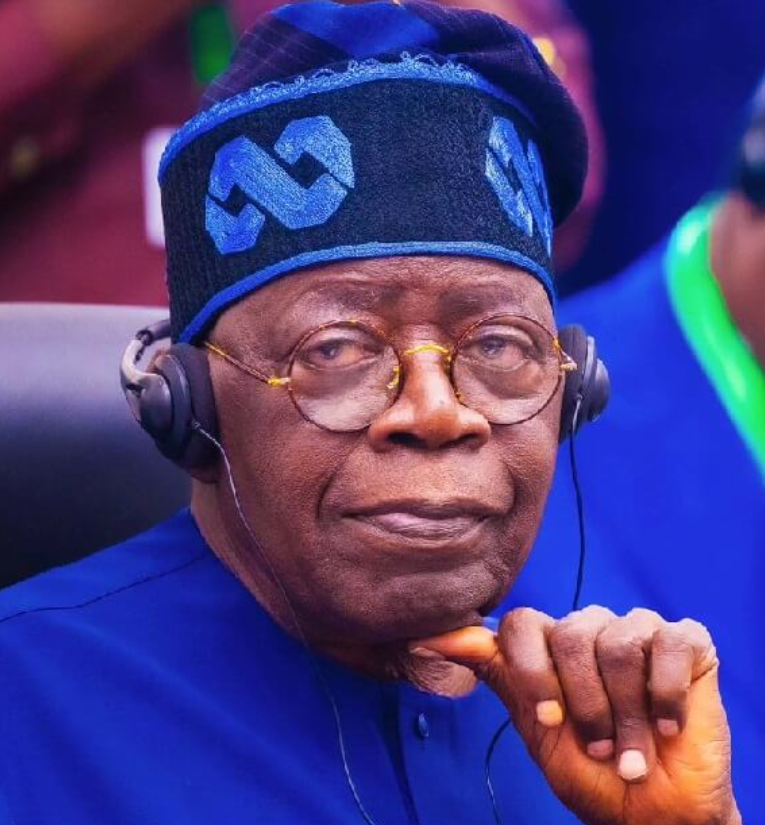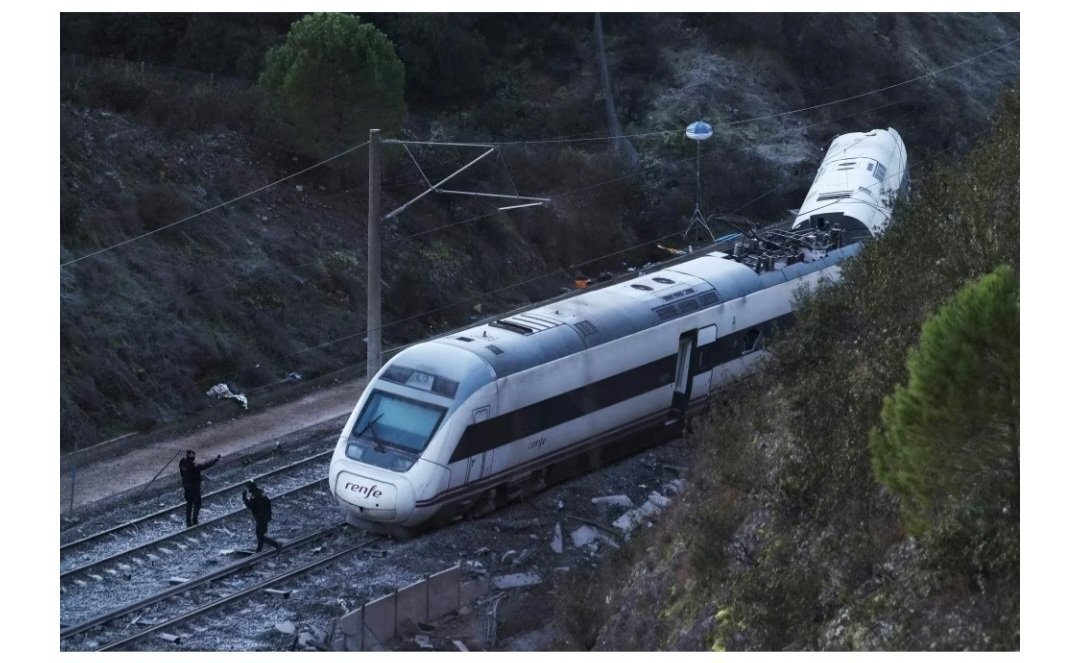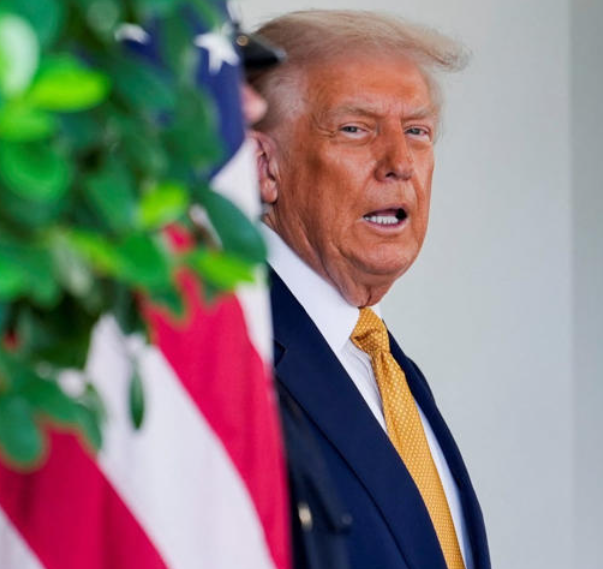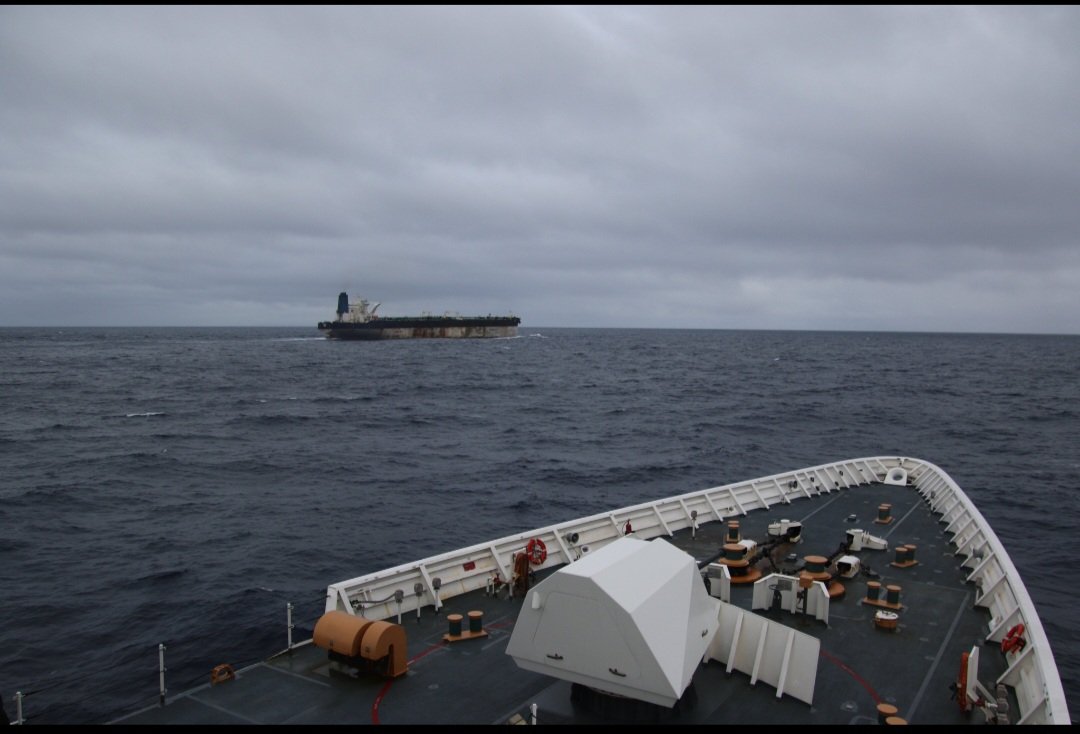
Montreal, Canada – In a significant development, Zhongshang Fucheng Industrial Investment Ltd., a Chinese conglomerate, has successfully repossessed a luxury jet owned by Nigeria after a prolonged legal dispute. The repossession marks a critical moment in the ongoing enforcement of arbitration awards against the West African nation.
The repossessed aircraft, a Bombardier 6000 type BD-700-1A10, had been under Nigerian ownership until the recent court ruling. The legal process, which culminated in Canada, saw Zhongshang gaining legal custody of the aircraft after a Canadian court in Montreal ruled in favor of the Chinese firm. The judgment was delivered by Judge David Collier of the Superior Court of Quebec on March 21, 2024, effectively quashing Nigeria’s attempts to retain ownership of the jet.
Background of the Dispute
The aircraft was originally purchased for $57 million by Dan Etete, a former Nigerian petroleum minister. Etete’s acquisition of the jet was part of an extravagant spending spree following the controversial sale of the OPL 245 oil field in 2010, a transaction mired in allegations of corruption. In 2016, the Nigerian government seized the aircraft from Etete and grounded it in Dubai. However, the plane was later relocated to Montreal, Canada, in May 2020, where it has remained until its recent repossession by Zhongshang.
Legal Battles and Repossession
Zhongshang’s move to seize the jet was part of a broader strategy to enforce arbitration awards exceeding $70 million against Nigeria. The Chinese firm initiated this enforcement action after it accused Nigeria of violating a 2001 trade treaty with China. The dispute centered around the Ogun State government’s decision to rescind Zhongshang’s rights to a free trade zone in 2016, a move that the firm claimed was in direct violation of the bilateral agreement.
Despite multiple legal challenges by Nigeria, including appeals to various courts, the West African country has faced setbacks in its efforts to retain assets targeted by Zhongshang. In his ruling, Judge Collier dismissed Nigeria’s defense, which argued that the country could not respond to the lawsuit in a timely manner due to the 2023 general elections. The judge deemed this argument “frivolous and unacceptable,” further rejecting Nigeria’s claims of sovereign immunity—a defense that had already been dismissed by arbitration panels and courts in the United Kingdom.
Broader Implications
This latest repossession is part of a series of asset seizures by Zhongshang, which has successfully taken control of Nigerian assets in the United Kingdom, France, and now Canada. The firm is reportedly preparing for additional seizures in Belgium and the United States in the near future.
The ongoing legal dispute underscores the broader tensions between Nigeria and Chinese investors, who have claimed substantial financial losses due to what they perceive as Nigeria’s breach of international agreements. Despite losing legal battles in multiple countries, the Nigerian government continues to maintain its stance, denying any wrongdoing in its dealings with Chinese entities.
As Zhongshang continues its global pursuit of Nigerian assets, the case raises questions about Nigeria’s international obligations and the potential consequences of its handling of foreign investments. The situation remains fluid, with further legal actions expected in the coming weeks.
Credit: Daily Trust








